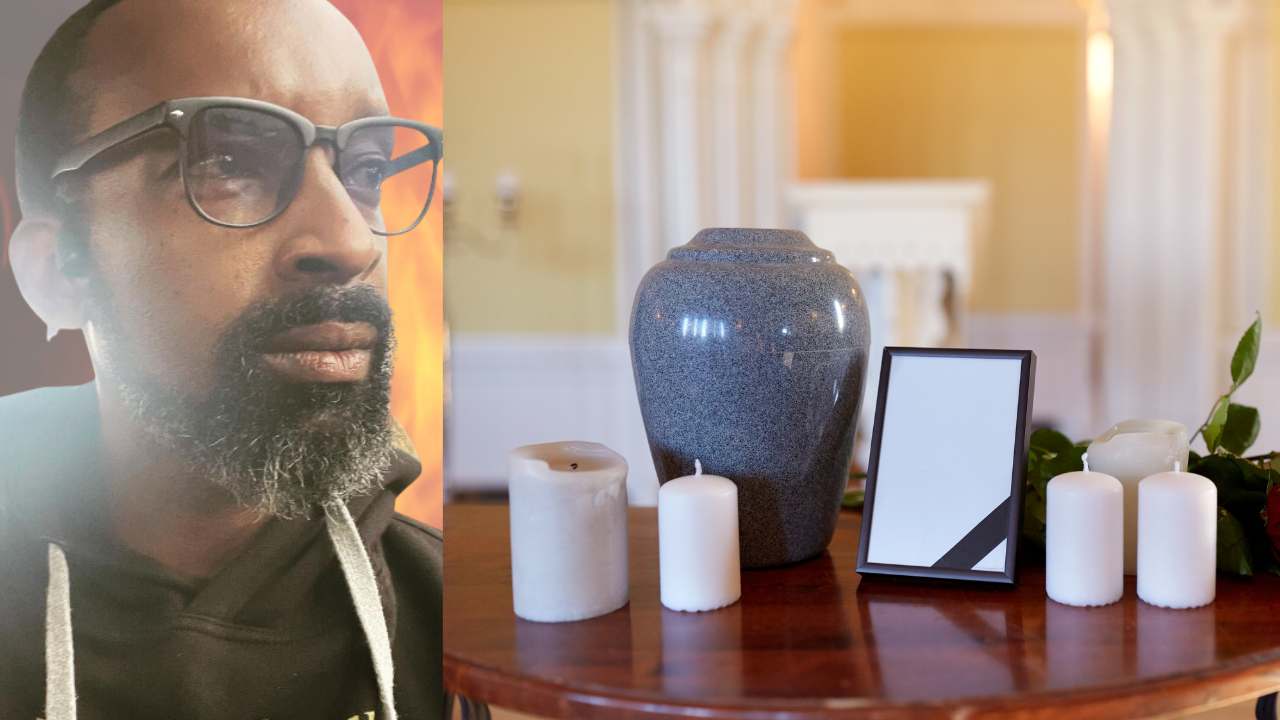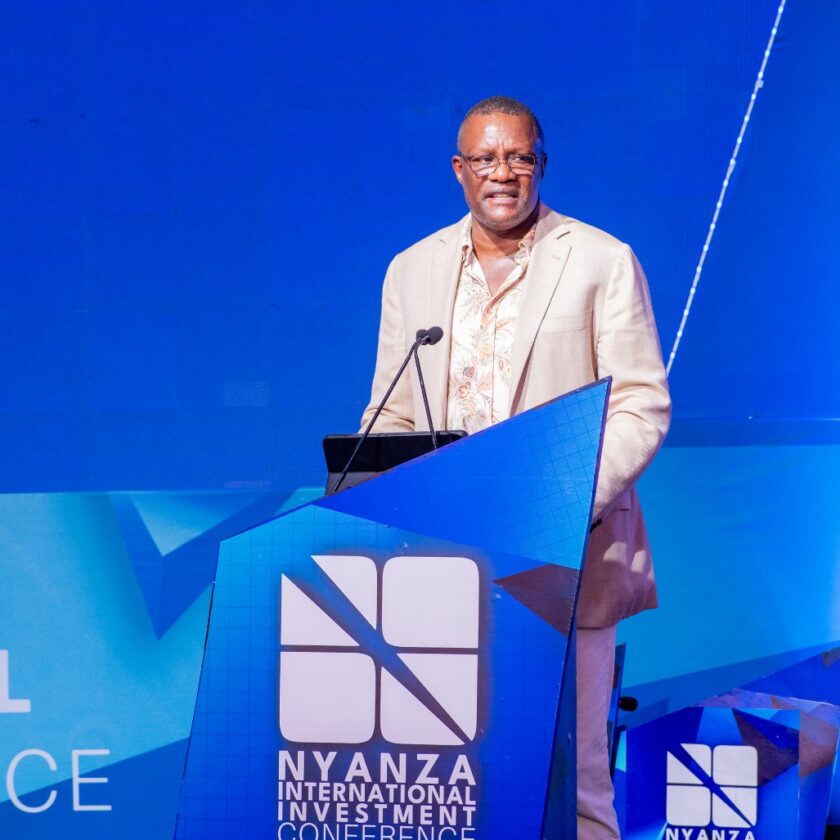In the gentle embrace of the African dawn, the community mourns the tragic departure of Charles Ouda, a luminary whose light was extinguished too soon. Born into the vibrant culture of the Luo people, in the lush landscapes of Gem, Siaya district, Charles’s life was a mixture of modern complexity woven into the rich heritage of his ancestors. Tragically, it was revealed that Charles sought solace in the silence of eternity, leaving behind a world of promise by hanging himself with a belt on the balcony, after a simple excuse to smoke—a moment that would forever alter the lives of those he left behind.
As the news of his passing ripples through the hearts of many, the plans for his final journey have surfaced, carrying with them a decision that delicately balances on the fulcrum of tradition and modernity.
On February 15, 2024, Charles Ouda will be cremated at Kariokor, marking a departure not just from this world, but from the traditional burial customs deeply rooted in the Luo culture. This decision, communicated through the whispers of a WhatsApp group dedicated to honoring his memory, underscores a poignant narrative of change—how the embrace of cremation, once alien to the Luo and broader African traditions, has quietly woven itself into the fabric of contemporary acceptance.
A solemn service at All Saints Cathedral will precede the cremation, gathering friends, family, and admirers to pay homage to a soul whose departure has left an indelible mark on the journey of life. The intimacy of the final rites at Kariokor, reserved for immediate family members, speaks volumes of the sacredness of farewells, of the personal stories and silent tears that will merge with the smoke ascending to the heavens.
The announcement of a fundraiser and the vigil at the family home are but chapters in the story of a community coming together in a time of loss, a testament to the bonds that Charles forged in life. The Ouda family’s gratitude, amidst the throes of grief, serves as a reminder of the strength found in unity, in the collective embrace of those who share in the sorrow of an unfathomable loss.
Charles Ouda’s Cremation: A Canvas Reflecting a Rare Shift Within the Luo Burial Culture
Yet, amidst these preparations, the decision to cremate Charles stirs a deep reflection on the evolution of cultural practices in the face of modernity. The Luo, known for their rich customs and reverence for the dead, traditionally shun cremation, viewing the earth as the final resting place for their loved ones. Charles’s cremation, therefore, becomes a canvas reflecting a rare shift within Luo burial culture, where the threads of tradition and modernity intertwine, creating new patterns of urban mourning and remembrance.
This choice, deeply personal and perhaps contentious, underscores the paramount importance of respecting family wishes in times of bereavement. It is a stark reminder of the individual paths of sorrow and the sanctity of honoring those paths, even as they diverge from the communal trail. The dialogue surrounding Charles’s cremation invites a broader contemplation on the essence of Luo farewell rites—a dialogue that, while it may challenge the conventional, also opens a window to understanding and acceptance.
As the final details of Charles’s send-off are etched into the annals of time, his story becomes a beacon for contemplation on the juxtaposition of life and death, tradition and modernity. It is a call to honor the wishes of the departed and their families, to navigate the delicate dance of respecting deeply rooted traditions while embracing the inevitable tides of change.
In the shadow of Charles Ouda’s passing, the community is reminded of the fragility of life, the depth of grief, and the enduring strength of love. As the flames of the crematorium light the sky, they will not just signify an end but a profound homage to a life lived with intensity, a soul departed too soon, and a family’s courageous choice to say farewell in their own way. May the memory of Charles Ouda, a son of Gem, a beacon of modernity, forever inspire a path of understanding, compassion, and respect for the myriad ways we honor our dead.
Kenneth Ochieng,
Kisumu City News




